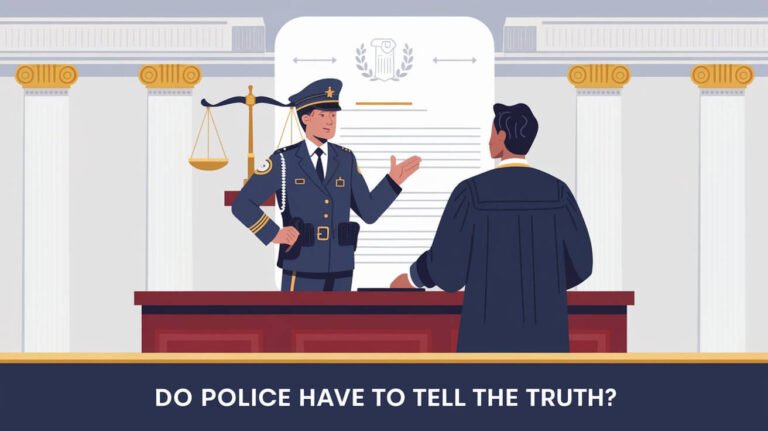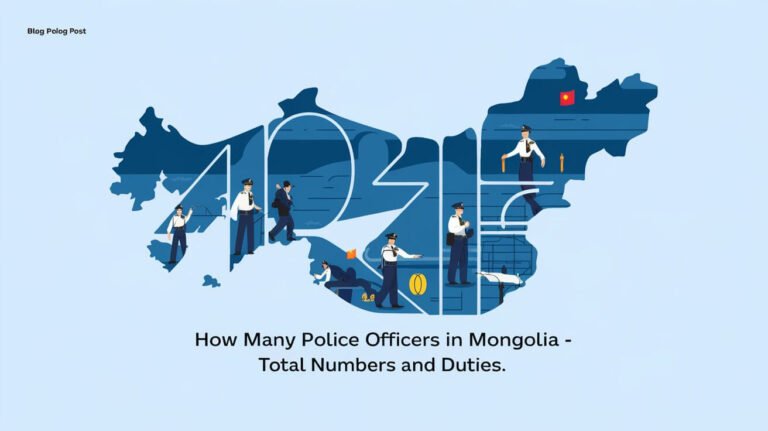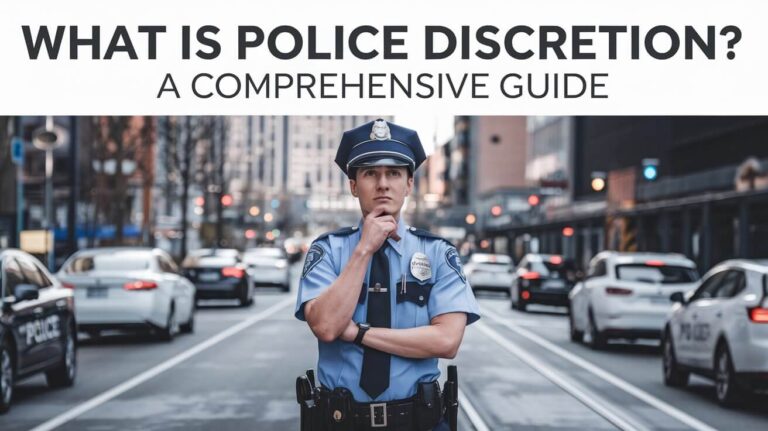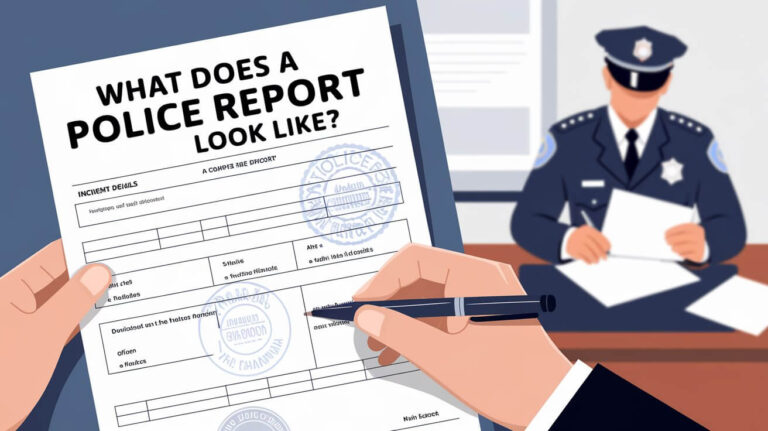Is Lying to the Police a Crime? Legal Consequences and Exceptions
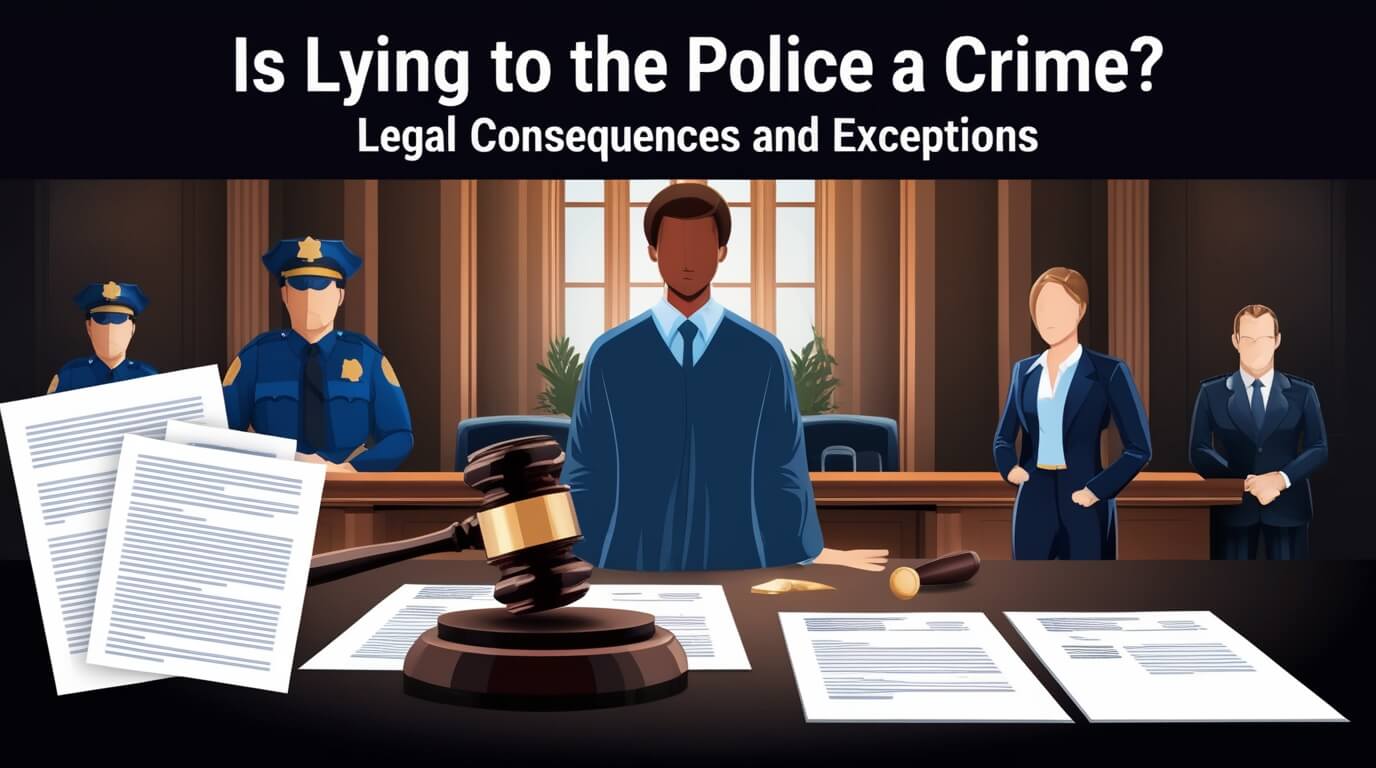
Lying to cops isn’t just rude – it can land you in big trouble. The punishment depends on what you lied about, why, and where it happened. Let’s break down when telling fibs to police becomes a crime and what might happen if you do.
Your Rights When Talking to Law Enforcement
When interacting with police, you have certain rights that protect you from self-incrimination. The Fifth Amendment to the U.S. Constitution grants you the right to remain silent. This means you don’t have to answer questions that might implicate you in a crime.
However, this right doesn’t extend to lying. While you can choose not to speak, providing false information is a different matter entirely. It’s crucial to understand this distinction to avoid legal trouble.
When Lying to the Police Becomes a Crime
Not all untruths told to law enforcement are created equal. Some lies are more serious than others in the eyes of the law. Let’s break down the different scenarios where dishonesty can land you in hot water.
False Identification: A Serious Offense
Providing false identification to a police officer is a crime in most states. This includes:
- Giving a fake name
- Showing a borrowed or counterfeit driver’s license
- Presenting forged vehicle registration
For example, in California, it’s a misdemeanor to give false information to a traffic officer. This offense can result in up to six months in county jail.
Filing False Police Reports: Consequences and Penalties
Making a false report to law enforcement is illegal across the United States. This crime involves:
- Reporting a crime that didn’t happen
- Exaggerating details of an actual incident
- Falsely accusing someone of a crime
The penalties for this offense vary by state. In some places, it’s a misdemeanor. In others, it can be a felony, especially if the false report leads to harm or wastes significant police resources.
Perjury: The Most Severe Form of Lying
Perjury is perhaps the most serious lying-related offense. It involves making false statements under oath. While this often happens in court, it can also occur in other settings, such as:
- Signed affidavits
- Sworn depositions
- Some official documents
Perjury is typically a felony offense. In California, for instance, it can lead to up to four years in prison.
Legal Consequences of Lying to Law Enforcement
The penalties for dishonesty in police interactions can be severe. They vary based on the specific offense and jurisdiction.
Misdemeanor vs. Felony Charges
Less serious lies, like giving a false name during a traffic stop, are often misdemeanors. These can result in:
- Fines
- Probation
- Up to one year in county jail
More serious offenses, like perjury or some cases of false reporting, may be felonies. Felony convictions can lead to:
- Substantial fines
- Longer prison sentences
- Loss of certain rights, like voting or owning firearms
Long-term Impact on Your Record
A conviction for lying to the police can have lasting consequences. It may affect:
- Job prospects
- Housing applications
- Professional licenses
- Immigration status
These long-term effects underscore the importance of honesty in police interactions.
Exceptions and Gray Areas
Not all inaccurate statements to police are crimes. There are some situations where the law recognizes that perfect recall or complete disclosure may not be possible or required.
Unintentional Misstatements: When Memory Fails
Human memory is fallible. If you genuinely misremember details and provide incorrect information, it’s not necessarily a crime. The key is intent. Prosecutors must typically prove that you knowingly made a false statement to secure a conviction.
Lying by Omission: Is Silence Golden?
Generally, you’re not required to volunteer information to the police. Staying silent about something isn’t the same as lying. However, if you choose to speak, be truthful in what you do say.
Protecting Others: The Line Between Loyalty and Law
Some people lie to protect friends or family members. While this might seem noble, it can still be illegal. It’s crucial to understand that loyalty doesn’t override legal obligations.
Federal vs. State Laws on Lying to Police
Laws about lying to law enforcement exist at both the federal and state levels. While there’s often overlap, there are some key differences to be aware of.
Key Differences in Legislation
Federal law makes it a crime to knowingly and willfully make false statements to federal agents. This applies to agencies like the FBI, CIA, and DEA. The federal statute is broader than many state laws, covering a wide range of false statements.
State laws, on the other hand, often have more specific statutes. They might separately address false identification, false reporting, and perjury.
High-Profile Cases Involving False Statements
Several famous cases have highlighted the seriousness of lying to law enforcement:
- Martha Stewart was convicted of making false statements to federal investigators, not insider trading as many believe.
- Former National Security Advisor Michael Flynn pleaded guilty to lying to the FBI about his contacts with the Russian ambassador.
These cases show that even powerful or wealthy individuals can face consequences for dishonesty.
The Psychology Behind Lying to Police
Understanding why people lie to law enforcement can help prevent such behavior.
Common Motivations for Dishonesty
People may lie to police for various reasons:
- Fear of consequences
- Desire to protect others
- Attempt to avoid embarrassment
- Mistrust of law enforcement
Recognizing these motivations can help individuals make better choices in high-stress situations.
The Stress Factor in Police Interactions
Police encounters can be stressful. This stress might lead some people to make poor decisions, including lying. It’s important to stay calm and remember your rights during these interactions.
Strategies for Dealing with Police Questioning
Knowing how to handle police questioning can help you avoid legal pitfalls.
Knowing Your Rights: The Power of Silence
Remember, you have the right to remain silent. If you’re unsure about answering a question, it’s often best to politely decline to respond.
When to Request Legal Representation
If you’re being questioned about a serious matter, it’s wise to request a lawyer. A legal professional can guide you through the process and help protect your rights.
The Impact of Body Cameras and Recording Devices
Technology is changing the landscape of police interactions.
How Technology is Changing Police Interactions
Body cameras and smartphones mean many police encounters are now recorded. This can provide valuable evidence but also means any lies are more likely to be caught.
Your Rights Regarding Recorded Statements
In most public places, police can record interactions without your consent. However, you also have the right to record police in public spaces in many jurisdictions.
Cultural and Social Factors Influencing Police Interactions
Social context plays a significant role in police-citizen interactions.
Building Trust Between Communities and Law Enforcement
Improving trust between police and communities can lead to more honest interactions. Many departments are working on community outreach programs to build this trust.
Education and Awareness Programs
Some communities offer programs to educate citizens about their rights and responsibilities when interacting with law enforcement. These can help reduce misunderstandings and potential legal issues.
Legal Defenses Against Accusations of Lying to Police
If you’re accused of lying to the police, there are potential defenses.
Challenging the Intent to Deceive
Prosecutors must prove you intended to deceive. If you made an honest mistake or were confused, this could be a valid defense.
Proving Lack of Materiality in Statements
For some charges, the false statement must be “material” or important to the investigation. If the lie was about an irrelevant detail, this might be a defense.
The Role of Police Deception in Investigations
Interestingly, police are often allowed to use deception in their investigations.
When Can Police Legally Lie?
Courts have ruled that police can use some forms of deception during investigations and interrogations. This might include lying about evidence they have or making false promises.
Balancing Law Enforcement Needs and Civil Rights
The allowance for police deception is controversial. Critics argue it can lead to false confessions, while supporters say it’s a necessary tool for solving crimes.
International Perspectives on Lying to Police
Laws about lying to police vary around the world.
Comparative Laws Across Different Countries
Some countries have stricter laws about police interactions. Others place more emphasis on protecting citizens’ rights to silence.
Global Trends in Police Interaction Legislation
There’s a global trend towards more transparency in police interactions. Many countries are implementing body camera programs and strengthening citizens’ rights during questioning.
Navigating the Complex Terrain of Police Interactions
Dealing with law enforcement can be challenging, but honesty is usually the best policy.
Key Takeaways for Citizen-Police Encounters
Remember these key points:
- You have the right to remain silent
- Lying can have serious legal consequences
- If in doubt, ask for a lawyer
The Importance of Honesty and Legal Awareness
Understanding your rights and the potential consequences of dishonesty can help you navigate police interactions safely and legally. When in doubt, stay silent or seek legal advice. It’s better to say nothing than to say something false.
By staying informed and honest, you can protect your rights and avoid the serious repercussions that can come from lying to the police.



